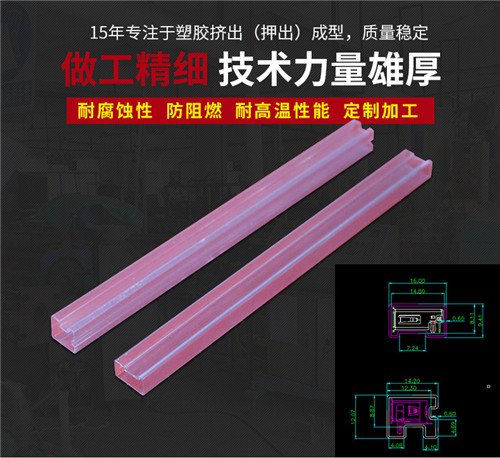
Phone Number :
07 13, 2023

The conductivity test of PVC hoses plays a vital role in the manufacturing of electronic equipment. This test evaluates the ability of the PVC hoses to conduct electricity, ensuring efficient and safe functioning of the electronic devices. Conductivity tests are conducted to mitigate potential risks of electrical hazards, ensuring the reliability and longevity of the products.
The conductivity test involves subjecting the PVC hoses to a specific range of electrical currents to assess their conductivity. This test is performed using specialized equipment and techniques, adhering to industry standards. The PVC hoses are connected to a power source, and the current flow is measured and monitored. The test determines the resistance of the PVC hoses and ensures they are within the acceptable conductivity limits.
1. Safety: Conductivity tests are crucial to identify any potential electrical hazards associated with PVC hoses. Ensuring proper conductivity helps prevent electrical leakage or short circuits, reducing the risk of accidents or malfunctions.
2. Product Performance: Conductivity test results provide manufacturers with valuable insights into the efficiency and performance of PVC hoses. Proper conductivity ensures optimal power transmission, leading to enhanced product performance and reliability.
3. Compliance with Standards: Conductivity tests ensure that the PVC hoses comply with industry standards and regulations. Meeting the required conductivity benchmarks is mandatory for electronic equipment manufacturers to maintain quality and safety standards.
Conductivity testing of PVC hoses in electronic equipment manufacturing is of utmost importance. This testing process guarantees the safety, performance, and compliance of the products. By conducting thorough conductivity tests, manufacturers can deliver reliable and durable electronic devices to consumers, enhancing overall customer satisfaction.